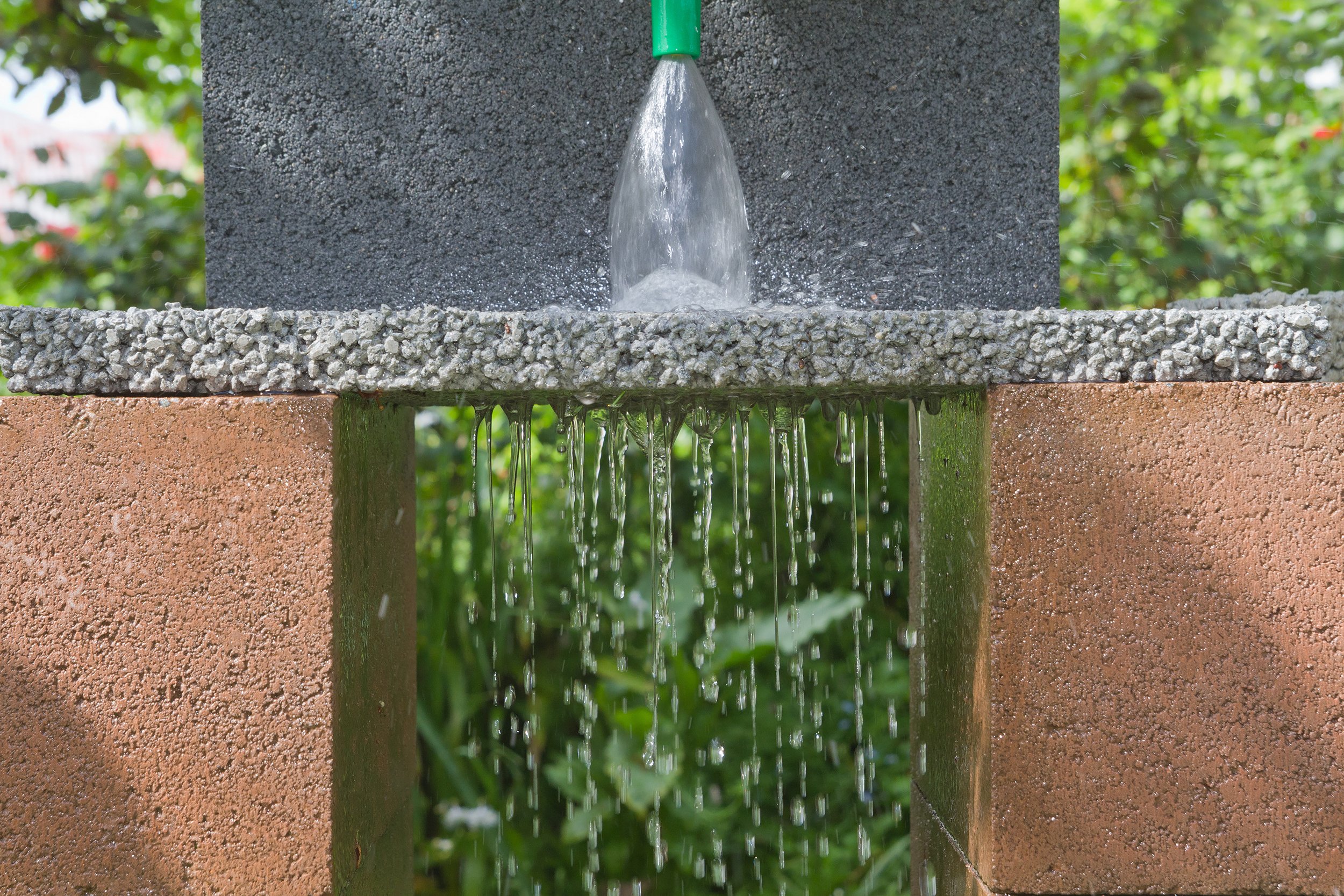Resilient porous pavements: a sustainable solution for managing the impacts of flooding and climate change

Appel à projet pour des municipalités résilientes et durables 2024 - 2025
Description
Faced with increased extreme rainfall linked to climate change, traditional road surfaces are reaching their limits. This project aims to develop a new generation of porous road surfaces designed to drain water efficiently, withstand prolonged flooding and preserve their structural integrity, even when saturated. By combining laboratory tests, full-scale experiments and numerical modelling, the team is proposing an integrated approach to designing roads that are more resilient, sustainable and adapted to the future climate.
Objectives
- Assess the mechanical and hydraulic performance of porous pavements under extreme conditions.
- Develop a design framework that incorporates drainage, saturation, freeze-thaw cycles, and heavy traffic.
- Optimise materials to promote infiltration without compromising stability.
- Simulate long-term climate scenarios and validate the results using coupled modelling.
Case study
Two experimental road sections are being built on the ÉTS site in Sainte-Marthe: one standard, the other porous asphalt. They are equipped with sensors to monitor stiffness, saturation and heat exchange in real time. Watering cycles simulate flooding, allowing the evolution of mechanical and hydraulic properties to be observed.
Expected impacts
- Technological innovation: Design of sustainable pavements suitable for flood-prone areas.
- Climate resilience: More robust infrastructure to cope with water-related hazards.
- Tool for municipalities: Guide to the design and maintenance of porous pavements in urban environments.
- Environmental benefits: Mitigation of the urban heat island effect, groundwater recharge, reduction of runoff.
Related projects
Reinforcement of clay soils with basalt fibers for increased resilience to freeze-thaw cycles in northern Quebec
Don’t just coexist with climate change.
